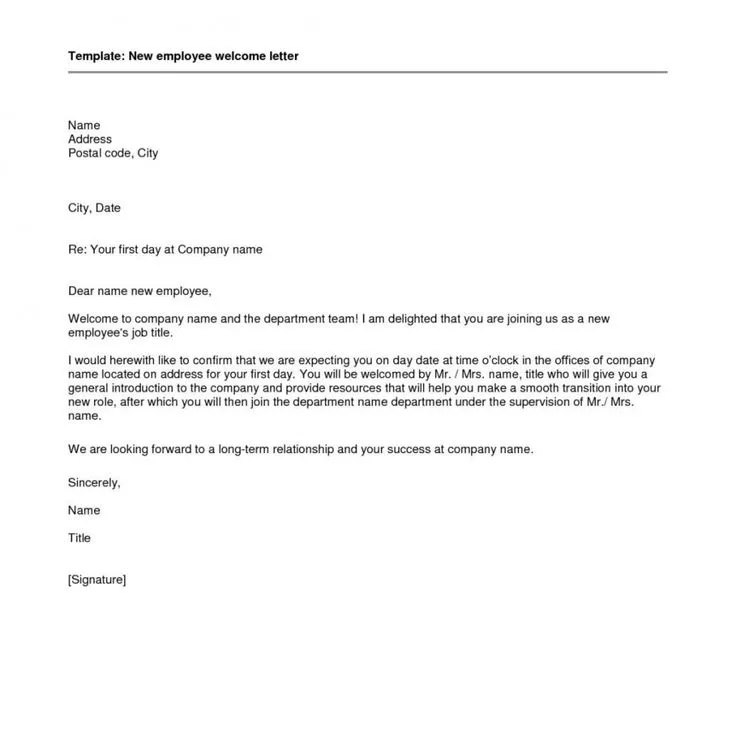Crafting Your Cover Letter for Salary Expectations
Writing a cover letter is a crucial step in any job application process, acting as your first impression with a potential employer. Beyond highlighting your skills and experience, a well-crafted cover letter can also address your salary expectations. Navigating this topic can be tricky, but with the right approach, you can effectively communicate your needs and increase your chances of landing the job. This guide will walk you through the nuances of including salary expectations in your cover letter, providing tips, examples, and strategies to help you succeed.
Why Include Salary Expectations?
The decision to include salary expectations in your cover letter is a strategic one, with both potential advantages and disadvantages. There are situations where it’s beneficial to include it, and others where it’s best to avoid it. Understanding the context and the specific job requirements can guide your decision-making process. It is essential to ensure you don’t miss opportunities by either including or not including the expectation. Also, remember to be confident and concise when talking about your needs.
Benefits of Including Salary Expectations
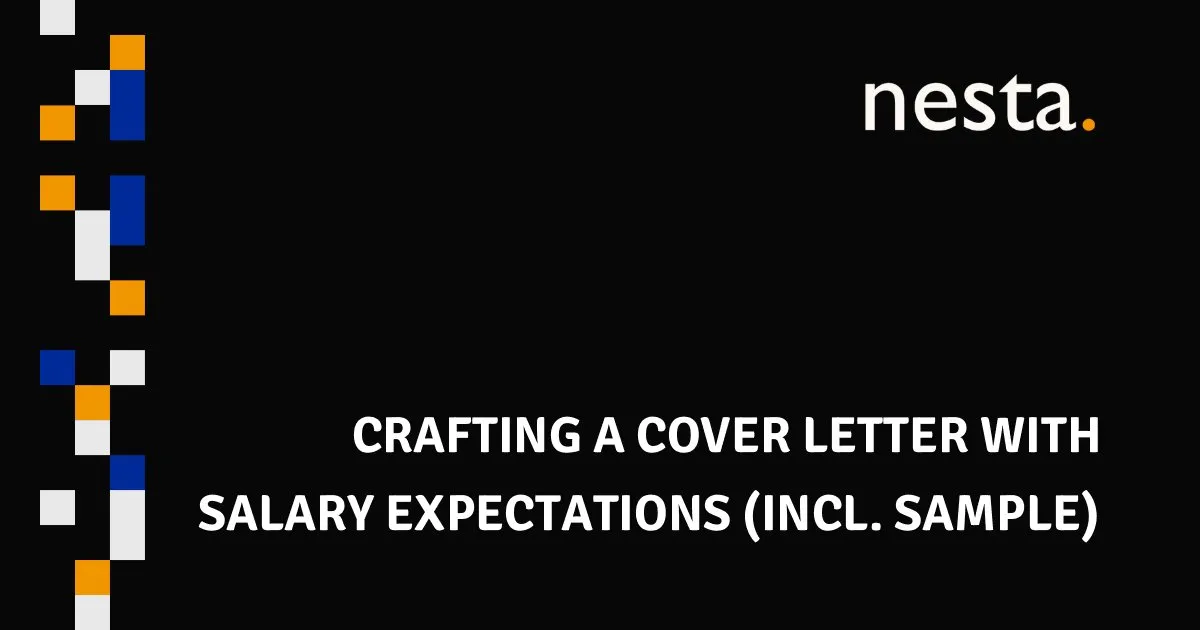
Including your salary expectations upfront can sometimes expedite the hiring process. If your expectations align with the employer’s budget, it can save both parties time and resources. It also demonstrates that you are proactive and have a clear understanding of your worth. Moreover, it helps you to stay within the range that you are seeking. Many recruiters prefer to know the salary expectation at the beginning to assess suitability for the specific role and candidate profile.
Potential Drawbacks of Including Salary Expectations
However, there are also risks. If your expectations are higher than the employer’s budget, your application might be rejected immediately. Conversely, if you state a salary lower than what the employer is willing to pay, you might inadvertently undervalue yourself. It’s important to consider the potential implications before including salary expectations. Therefore, research is crucial before you mention any amount.
Best Practices for Stating Your Salary Expectations
When you decide to include salary expectations, the way you phrase them is just as important as the decision itself. Precision, professionalism, and a touch of flexibility can go a long way in making a positive impression. Always aim for a range instead of a specific number, and be prepared to justify your expectations with supporting evidence. This ensures there is a good chance for negotiation if the job requirements are met.
Researching Salary Ranges
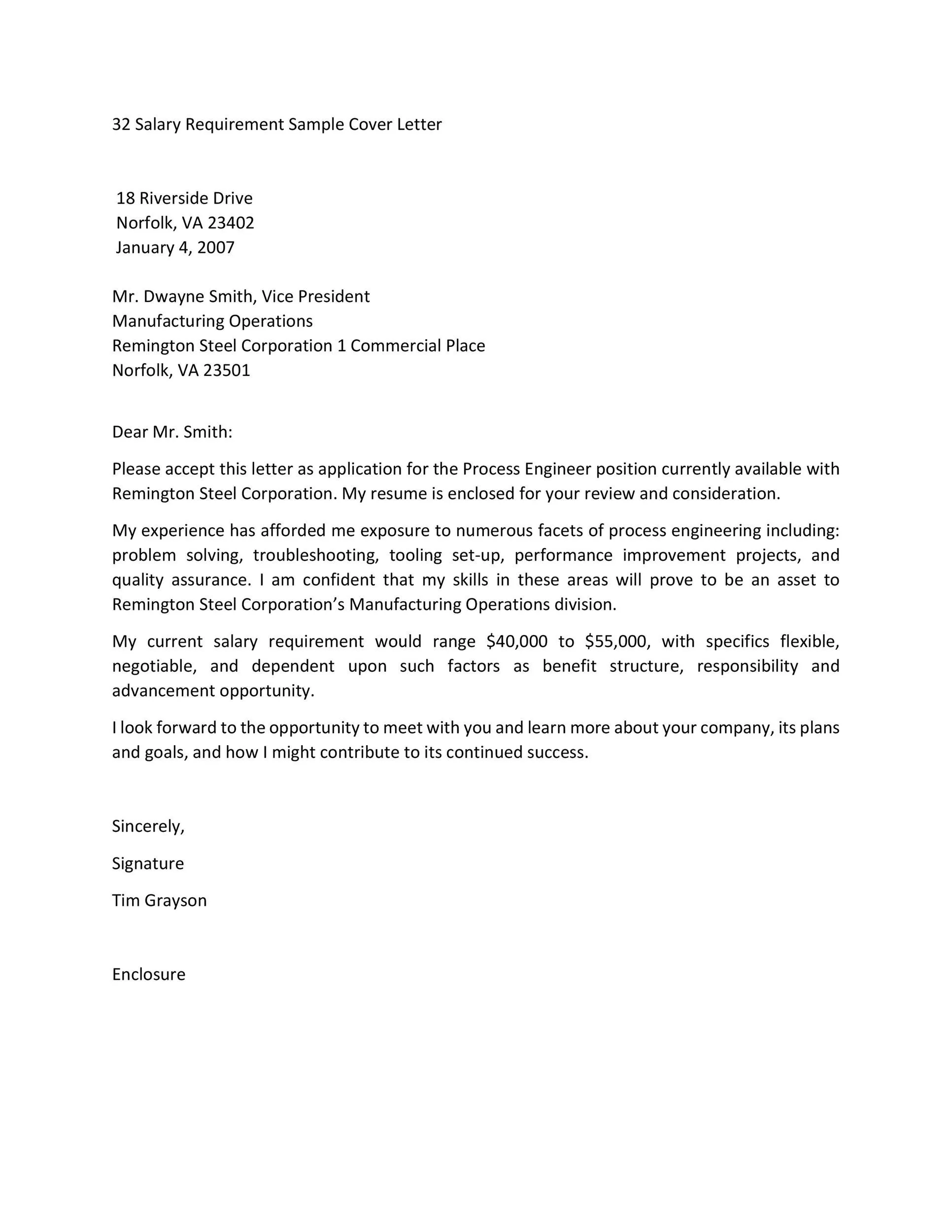
Thorough research is the foundation of any successful negotiation. Before you state your salary expectations, research the average salary for similar roles in your location. Use resources like Glassdoor, Salary.com, and Payscale to gather data. Factor in your experience, skills, and the specific requirements of the job. Knowing the market value will enable you to confidently provide a realistic salary range that aligns with your worth.
How to Phrase Your Salary Expectations
Instead of stating a single number, provide a salary range. This shows flexibility and allows for negotiation. For example, you could say “I am seeking a salary in the range of $X to $Y.” Be confident, but also indicate your willingness to discuss the compensation further. You can include statements like “I am open to discussing compensation based on the specific responsibilities and benefits package” or “My salary expectations are negotiable based on the role and overall compensation.
Placement of Salary Expectations in Your Cover Letter
The placement of your salary expectations in your cover letter is a matter of personal preference and the job posting’s instructions. Many experts suggest including it in the closing paragraph. This allows you to summarize your interest and highlight your qualifications before mentioning your salary requirements. However, if the job posting explicitly asks for salary expectations in the first paragraph, then follow those instructions.
Examples of Salary Expectation Statements
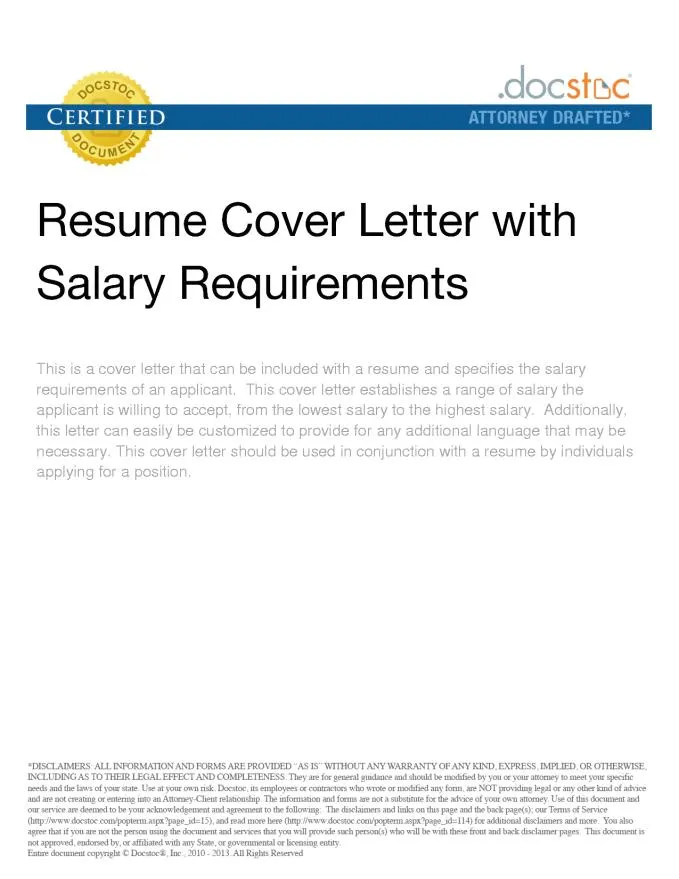
Here are some examples of how to phrase your salary expectations: “Based on my experience and the responsibilities outlined in the job description, I am seeking a salary in the range of $65,000 to $75,000 per year.” “I am seeking a competitive salary commensurate with my experience and the requirements of the position. My target salary range is $70,000 to $80,000 per year.” “I am open to discussing compensation based on the specific responsibilities and benefits package, but I am generally targeting a salary in the range of $80,000 to $90,000.” Use any of the examples, but remember to do your research before submitting your cover letter.
What to Do If the Job Posting Doesn’t Mention Salary
If the job posting doesn’t mention salary, you have several options. You can research the typical salary range for the role and location and then provide a general range in your cover letter. Another option is to defer the discussion until the interview stage, expressing your interest in the role and your openness to discuss compensation. This is often the safest approach. Finally, you can also state that your salary expectations are flexible and will be based on the specific responsibilities and benefits package. Consider the employer’s type before making any decision.
Handling Salary Expectations in Different Situations
The approach to salary expectations might vary depending on the specific role and the information provided in the job posting. Understanding the nuances of each situation will help you tailor your cover letter accordingly, increasing your chances of making a positive impression. This will also help you be prepared for any negotiation, if the need arises. Don’t be afraid to ask questions about the salary during the interview if it’s not clear.
Applying for a Specific Role
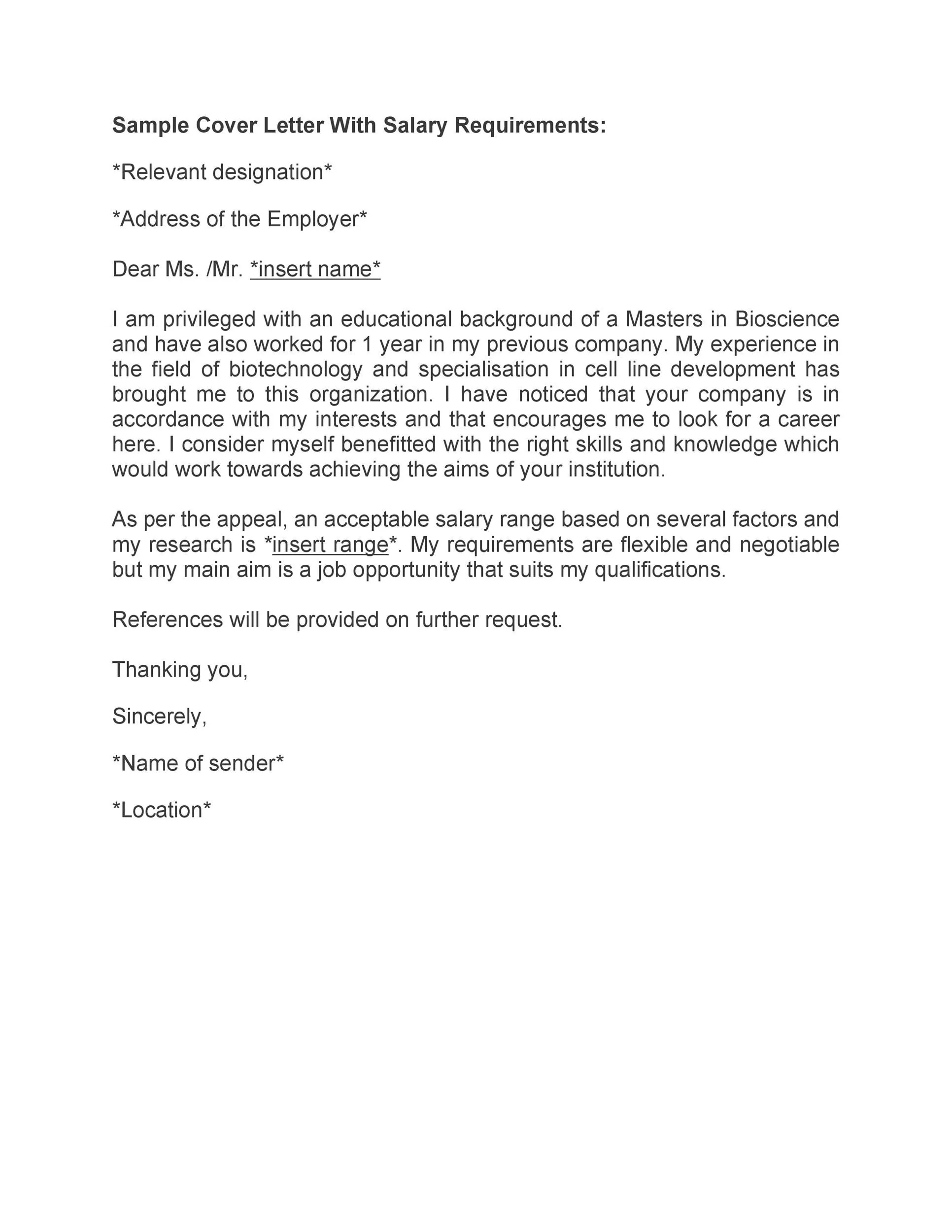
When applying for a specific role, tailor your salary expectations to the job’s requirements and your qualifications. Research the average salary for similar positions in your area. Then, provide a realistic range. Emphasize your value by highlighting relevant skills and experience, and be prepared to justify your expectations. In your cover letter, you can directly address the job requirements and explain how your skills align with the compensation you are seeking.
Applying for a Role with a Known Salary Range
If the job posting includes a salary range, you have a clear guideline. Review the range and determine if it aligns with your expectations. If it does, you can explicitly state that you are seeking a salary within that range. If the range is lower than your expectations, carefully consider whether to apply. If you do apply, you might mention that your expectations are commensurate with your experience and the job responsibilities. Ensure your expectations align with the company’s policy.
Applying for a Role with an Unknown Salary Range
When the salary range is unknown, research the typical compensation for the role and location. Provide a realistic range in your cover letter, highlighting your value and skills. Be prepared to discuss your expectations further during the interview. You could say something like, “I am seeking a competitive salary commensurate with my experience and the requirements of the position.” Or, “I am open to discussing compensation based on the specific responsibilities and benefits package, but I am generally targeting a salary in the range of $X to $Y.”.
Common Mistakes to Avoid
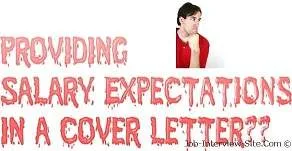
Avoiding common mistakes can significantly improve your chances of success. By being mindful of these pitfalls, you can present yourself as a professional and well-prepared candidate. The most common include being vague or unrealistic with your expectations, providing too much or too little information, and failing to research salary ranges. By steering clear of these mistakes, you can effectively communicate your value and increase your chances of landing the job.
Vague or Unrealistic Expectations
Avoid being vague or unrealistic in your salary expectations. If you state “negotiable” without providing a range, the employer might assume you are unwilling to commit to a specific figure. Conversely, if your expectations are significantly higher than the market average, you might price yourself out of the running. Always base your expectations on thorough research and realistic assessment of your skills and experience. Also, avoid being too broad by mentioning a range that is very wide, this might be a red flag.
Providing Too Much or Too Little Information
Provide the right amount of information without oversharing. Don’t include your entire salary history or specify your exact current salary unless requested. Also, avoid providing too little information, which might make you appear unconfident. Provide a clear, concise salary range based on your research and the job’s requirements. Too much detail can be overwhelming, and too little might make you appear unprepared or uninterested in the role.
Failing to Research Salary Ranges
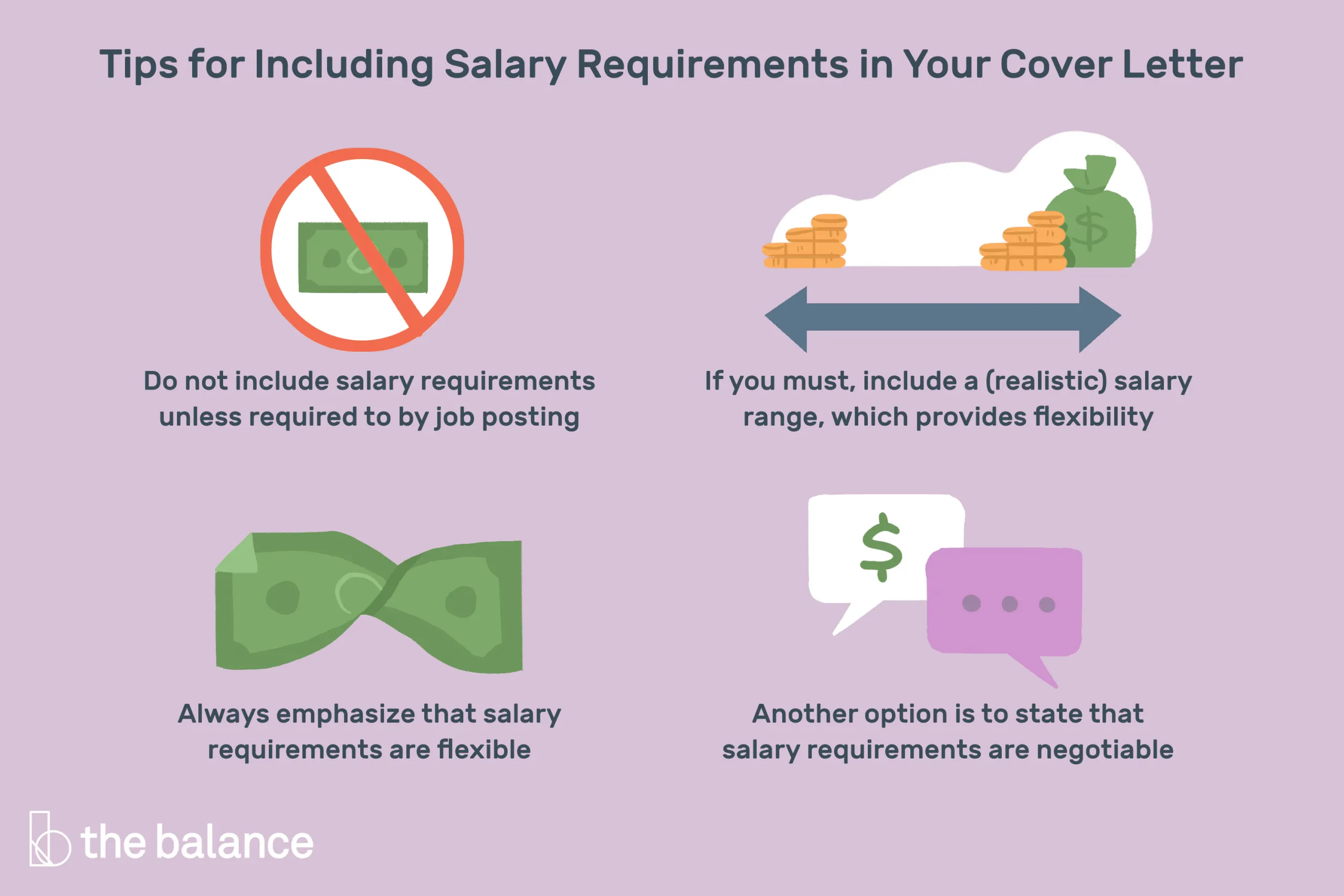
Failing to research salary ranges is a critical mistake. Without knowing the market value for the role, you might provide an unrealistic expectation, either too high or too low. Use online resources, such as Glassdoor and Salary.com, to determine the average salary for similar positions in your location. Consider your experience, skills, and the job’s specific requirements. Research demonstrates that you are well-informed and serious about the opportunity. Without research, you’re essentially guessing, which rarely works in your favor.
Final Thoughts and Key Takeaways
Including salary expectations in your cover letter can be a strategic move, but it requires careful consideration and execution. Research the market value, phrase your expectations professionally, and consider the specific context of each job application. By following these guidelines, you can increase your chances of landing the job and negotiating a salary that reflects your worth. Always remember to be confident, informed, and adaptable. Good luck with your job search!
